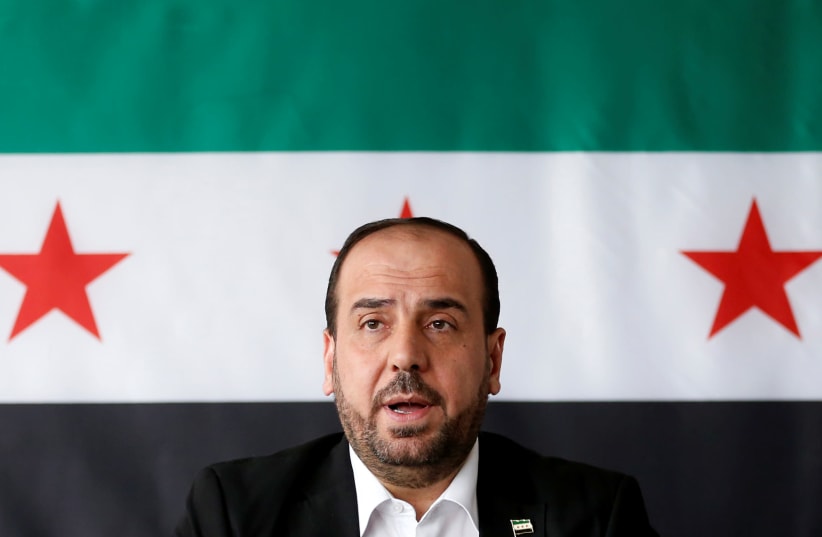The new national unity government to be led by Prime Minister-designate Saad al-Hariri is expected to be clinched in the next few days, ending more than seven months of deadlock between rival groups over cabinet seats.
Hariri, who enjoys Western backing, lost more than a third of his lawmakers in the May 6 election but kept his post as the leading Sunni Muslim and so will return as premier, a position reserved for his sect under Lebanon's sectarian system of rule.
But the election produced a parliament tilted in favor of Hezbollah thanks to gains by groups and individuals that support its possession of a major arsenal. Together, they won more than 70 of the 128 seats.
By picking the health minister, Hezbollah will be moving beyond the marginal role it played in past governments: this ministry has the fourth biggest budget in the Lebanese state, outgoing Health Minister Ghassan Hasbani says.
Hasbani told Reuters that recent foreign aid to his ministry included $120 million from the World Bank to be spent over five years from 2019. The ministry also receives a lot of medicine from the World Health Organisation and European Union, he said.
Two sources familiar with Hezbollah's choice said the new health minister would be Jamil Jabak, a Shi'ite doctor who they said is not a member of the heavily armed, Iranian-backed group. Hezbollah will also run two less significant ministries.
RISING HEZBOLLAH CLOUT
The United States proscribes Hezbollah as a terrorist group. Hezbollah fought a war with Israel in 2006 and has been involved in neighboring Syria's conflict on the side of President Bashar al-Assad against mainly Sunni rebels and militants.
A U.S. State Department official said on Tuesday Washington hoped Lebanon's next government would be willing to work with it and expressed concern over Hezbollah's rising political clout.
U.S. President Donald Trump's administration has made Hezbollah a target of its policy to isolate Iran. Washington has hit Hezbollah leaders with new sanctions and tightened legislation seeking to sever their funding channels worldwide.
The composition of Lebanon's new government is expected to broadly reflect the election outcome, with the share of cabinet seats held by Hariri's Future Movement, which opposes Hezbollah's arms, set to fall.
And while the Christian, staunchly anti-Hezbollah Lebanese Forces (LF) nearly doubled its number of MPs in the election, it was unable to secure all the cabinet seats it wanted, ceding ground to Christian rival President Michel Aoun and his Free Patriotic Movement, who are political allies of Hezbollah.
To help safeguard peace in Lebanon, government posts are parceled out based on sect: the president must be a Maronite Christian, the prime minister a Sunni Muslim and the speaker of parliament a Shi'ite Muslim. Posts in the cabinet of 30 ministers must be split equally between Christian and Muslims.
